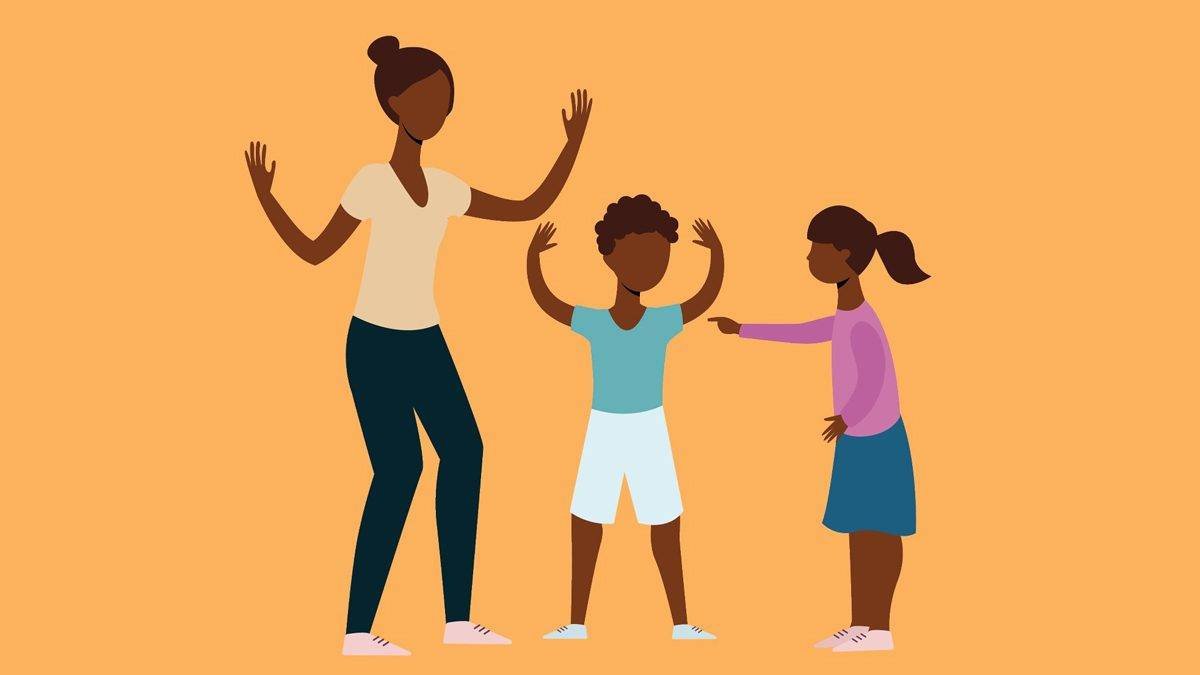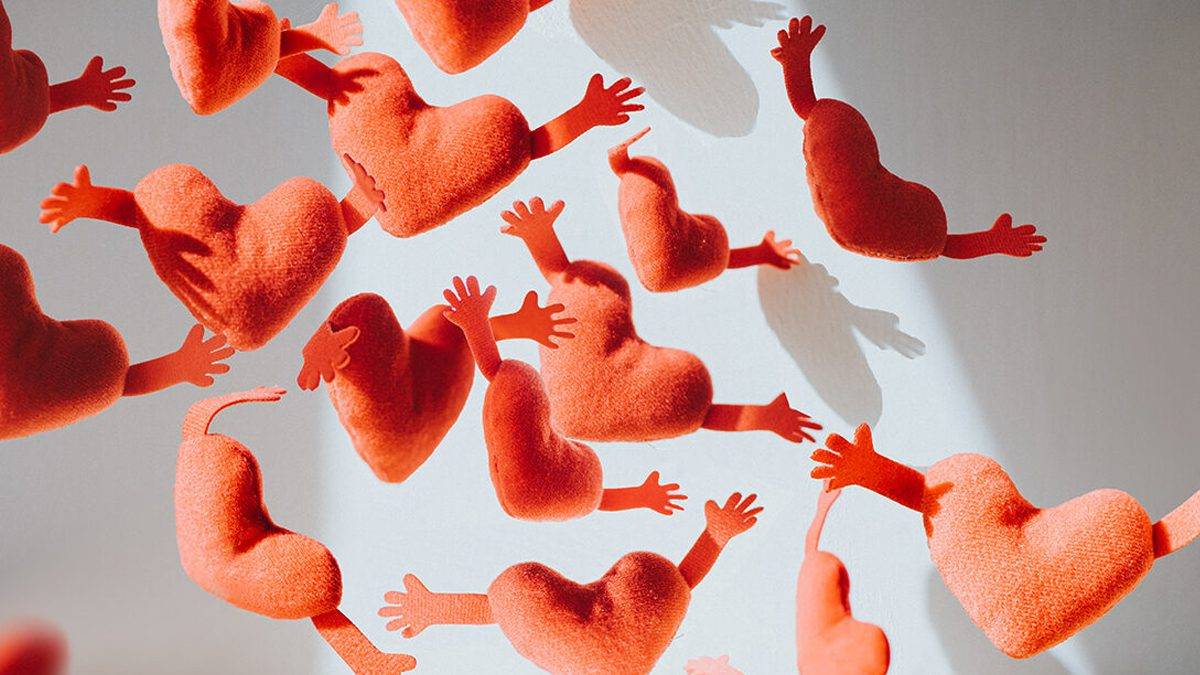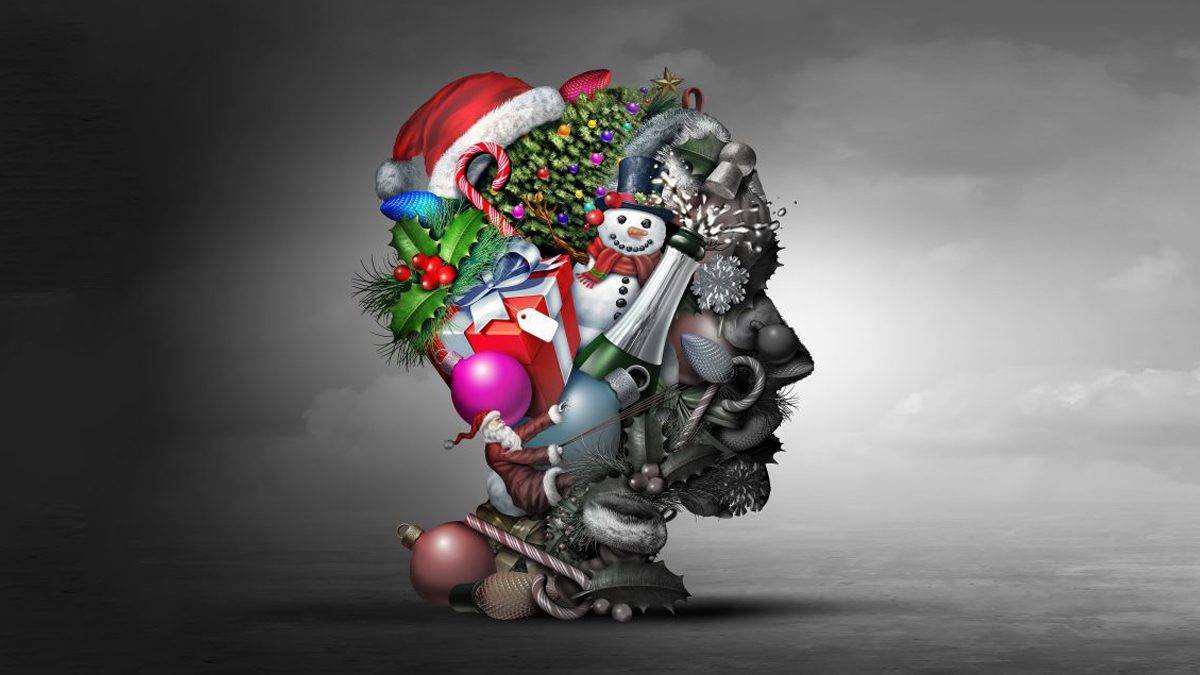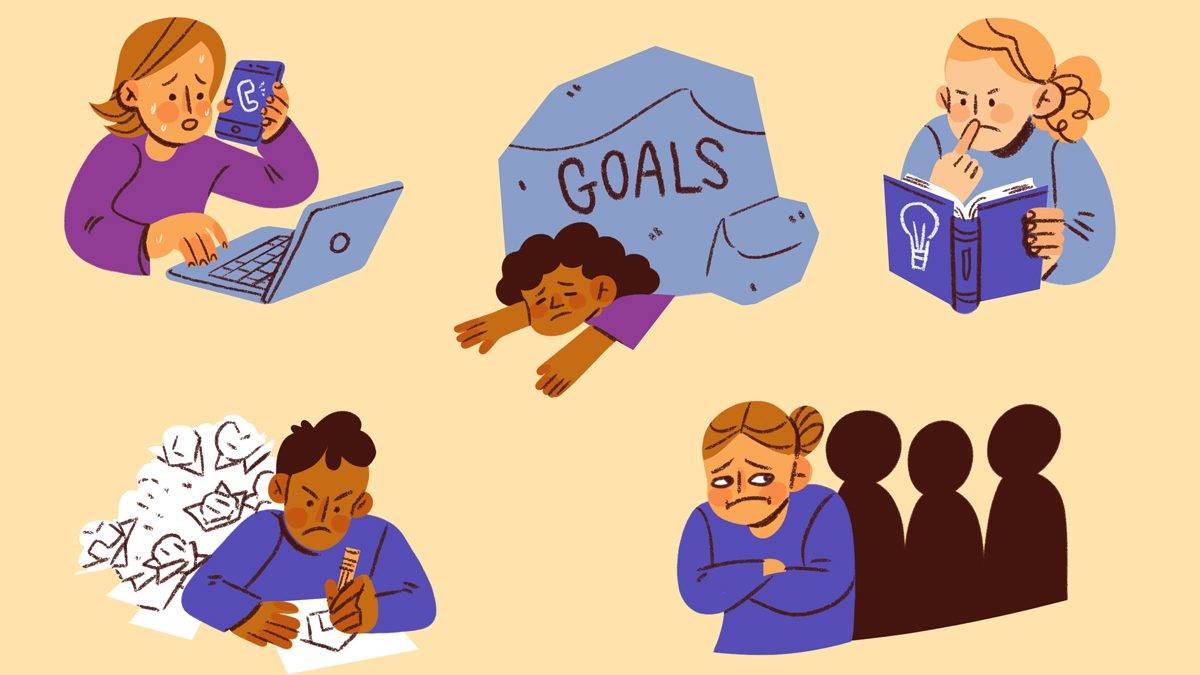Codependents often wonder what is normal. They feel insecure and wonder how others perceive them. Many tell me they don’t really know themselves. They’ve become people-pleasers, editing what they say and adapting their behavior to the feelings and needs of others. Some sacrifice themselves―their values, needs, wants, and feelings―to someone they care about. For other[…]
Category Archives: Willing Ways Articles
As codependents, we lose ourselves in relationships, unaware that losing our Self is the greatest despair. When the relationship inevitably ends, it’s devastating, because we are lost. We lack autonomy because that task wasn’t completed by adulthood. Avoidance of intimacy, and the vulnerability that occurs when we open up, is a way to maintain control[…]
Title: Are Your Parents Toxic? Understanding and Managing Toxic Parent Relationships IntroductionToxic parents can profoundly affect your mental health and self-esteem. They often fail to respect their children as individuals, refuse to take responsibility for their actions, and rarely apologize. These toxic behaviors can stem from mental health disorders, addiction, or unresolved trauma. If you’ve[…]
Codependency is based on false, dysfunctional beliefs that are learned from our parents and environment. Recovery entails changing those beliefs, the most damaging of which is that we’re not worthy of love and respect – that we’re somehow inadequate, inferior, or just not enough. This is internalized shame. Last year, I published a blog, “Codependency[…]
Have you ever been swept off your feet by someone showering you with intense affection, only to have them abruptly lose interest? This phenomenon, known as love bombing, is often linked to narcissistic attachment styles and can leave victims feeling confused, betrayed, and heartbroken. In this article, we delve into the psychology of love bombing,[…]
The stress of the holidays triggers sadness and depression for many people. This time of year is especially difficult because there’s an expectation of feeling merry and generous. People compare their emotions to what they assume others are experiencing or what they’re supposed to feel and then think that they alone fall short. They judge[…]
Think of the Dark Triad of Narcissism, Psychopathy, and Machiavellianism as the Bermuda Triangle – it’s perilous to get near it! The traits of all three often overlap and create personality profiles that are damaging and toxic, especially when it comes to intimate relationships, where we let our guard down. Darlene Lancer, JD, LMFT is[…]
Have you ever felt like a fraud or that you don’t deserve your achievements? You’re not alone. This experience is called imposter syndrome, a persistent feeling of self-doubt and inadequacy despite evident success. People with imposter syndrome may attribute their achievements to luck or fear being “found out” as unqualified. This guide explores the symptoms,[…]
Codependency is sneaky and powerful. You may not be aware that it’s the root cause of your problems. Focusing thinking and behavior around someone else is a sign of codependency. We react to something external, rather than our own internal cues. Addicts are codependent, too. Their lives revolve around their addiction – be it food, work,[…]
“New research on quarantine stress and 5 ways to feel Good” The researchers found that the most common psychological symptoms associated with quarantine were depression, stress, bad mood, irritability, insomnia, anger, and emotional exhaustion. Involuntary quarantine has caused much more stress than voluntary quarantine. In addition, the researchers concluded that public health officials should insist[…]










